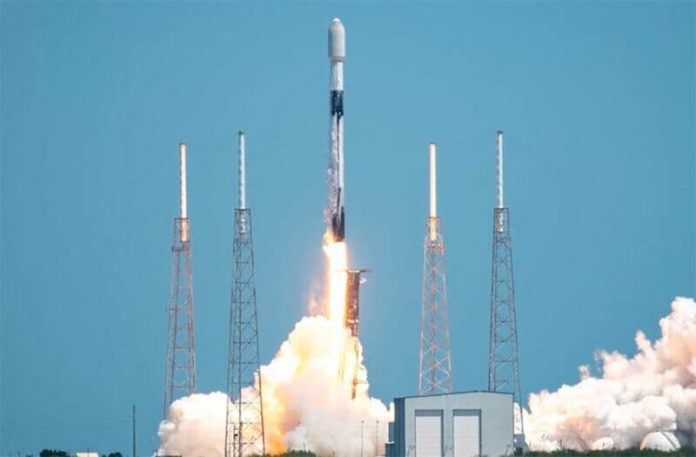Elon’s Musk’s satellite internet service, called Starlink, which beams internet down from 1,650 satellites in orbit, will soon be offering connectivity to Mexico.
The government’s approval on May 28 set a period of 180 days in which the company, operated by the business magnate’s SpaceX, has to be ready to offer its services, meaning operations should begin by October 28.
But how fast will the service be? Internet performance service Speedtest has released the results of an analysis in which Starlink’s internet speeds were compared to those of other satellite providers and regular fixed broadband services, based on data collated from April-July this year.
The report found that in the U.S., Starlink was much faster than its satellite competitors HughesNet and Viasat, but lagged behind fixed broadband. Meanwhile, in France, Germany, New Zealand, Canada and the United Kingdom Starlink’s service eclipsed fixed broadband providers in terms of download speed.
Mexico currently depends on readily available fixed broadband, which is much faster than the available satellite services from HughesNet and Viasat. Speedtest reports that Viasat, with a median download speed of 13.95 Mbps, is the faster of the two. HughesNet was measured at 11.92 Mbps.
However, if Starlink speeds in Mexico are anything close to those registered in the U.S. they will far outstrip any internet service available in the country.
Download speeds on fixed broadband in Mexico were reported at 29.99 megabits per second (Mbps), and upload speeds were registered at 7.96 Mbps. Meanwhile, Starlink in the U.S. offers a hugely superior download speed of 97.23 Mbps, and an upload speed of 13.89.
With a 100 Mbps download speed, users can download a film in under a minute, according to the price comparison website Uswitch.
One key difference between Starlink and other satellite services is in latency, the time it takes for the signal to travel from a computer to a remote server and back. Speedtest said it was the only satellite provider in the U.S. with latency figures that resemble those of fixed broadband.
Starlink’s latency was measured at 45 milliseconds, HughesNet at 724 and Viasat at 630, a substantial difference. All fixed broadband services came in at just 14 milliseconds.
Speedtest also compared the service of broadband providers in Mexico, and found Telcel to be significantly faster and more consistent than any of its competitors, Movistar, Altán Redes or AT&T.
It also revealed mean service speeds for different cities in Mexico. The fastest was Veracruz, which was almost twice as fast for downloads and uploads as 10th place Ciudad Juárez. None of the three biggest cities made the top five: Querétaro was in second place, followed by San Luis Potosi, Puebla and Tijuana.
Guadalajara was in sixth place, Monterrey in seventh and Mexico City in eighth.
Starlink service at speeds of 1 gigabyte per second (Gbps) cost US $99 per month in the United States, and it was reported earlier this year that the cost will be the same in Mexico. Service will also require the purchase of a Starlink hardware kit, which will cost $499 plus shipping.
The company has said it plans to spend $10 billion putting 12,000 small satellites into low Earth orbit. It has launched 1,700 so far and is being used by 90,000 customers in 12 countries.
With reports from Business Insider México
